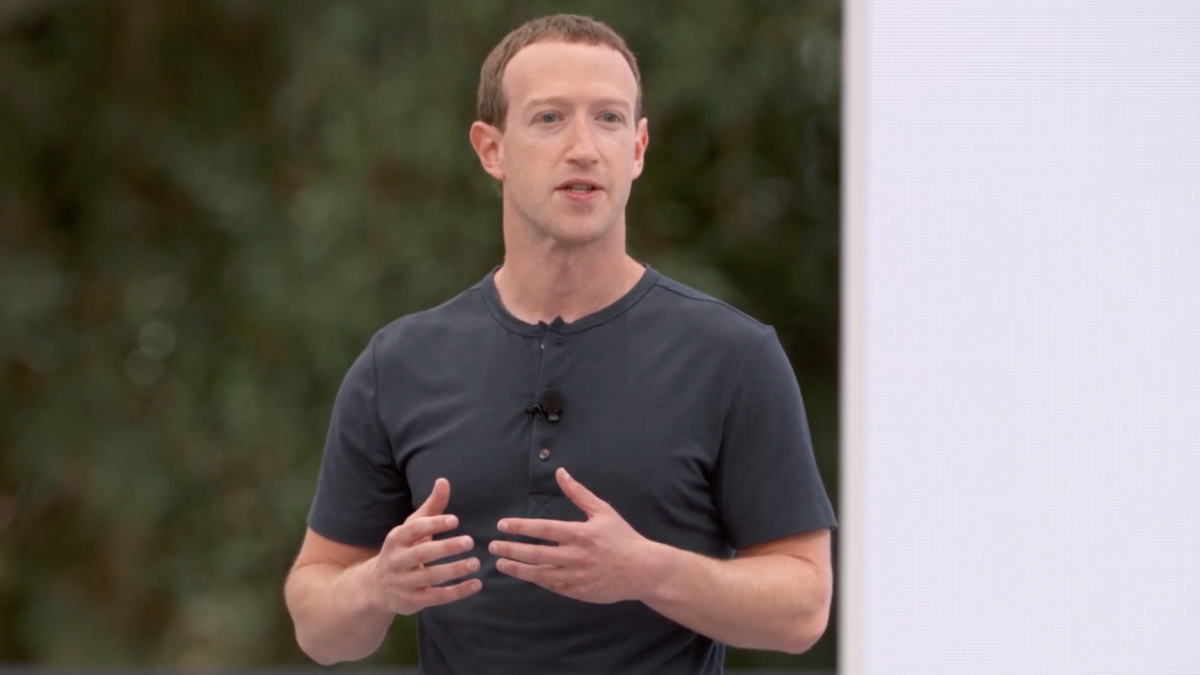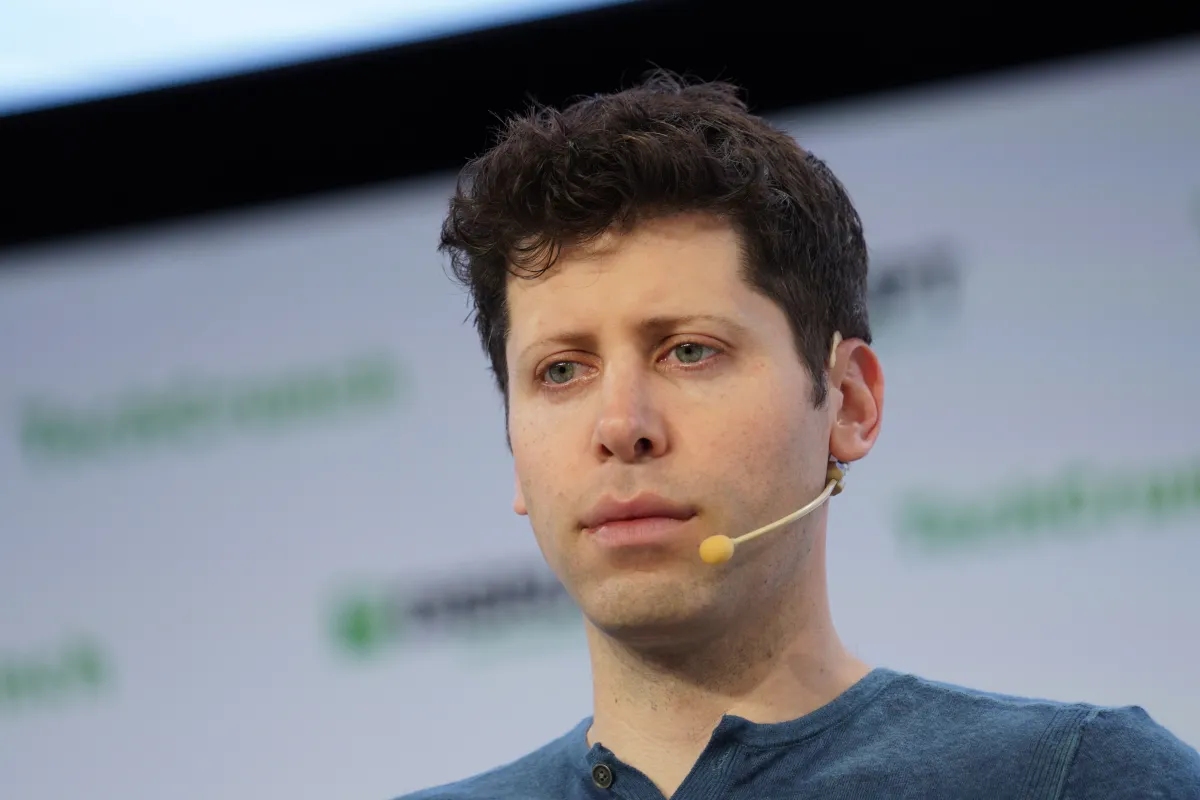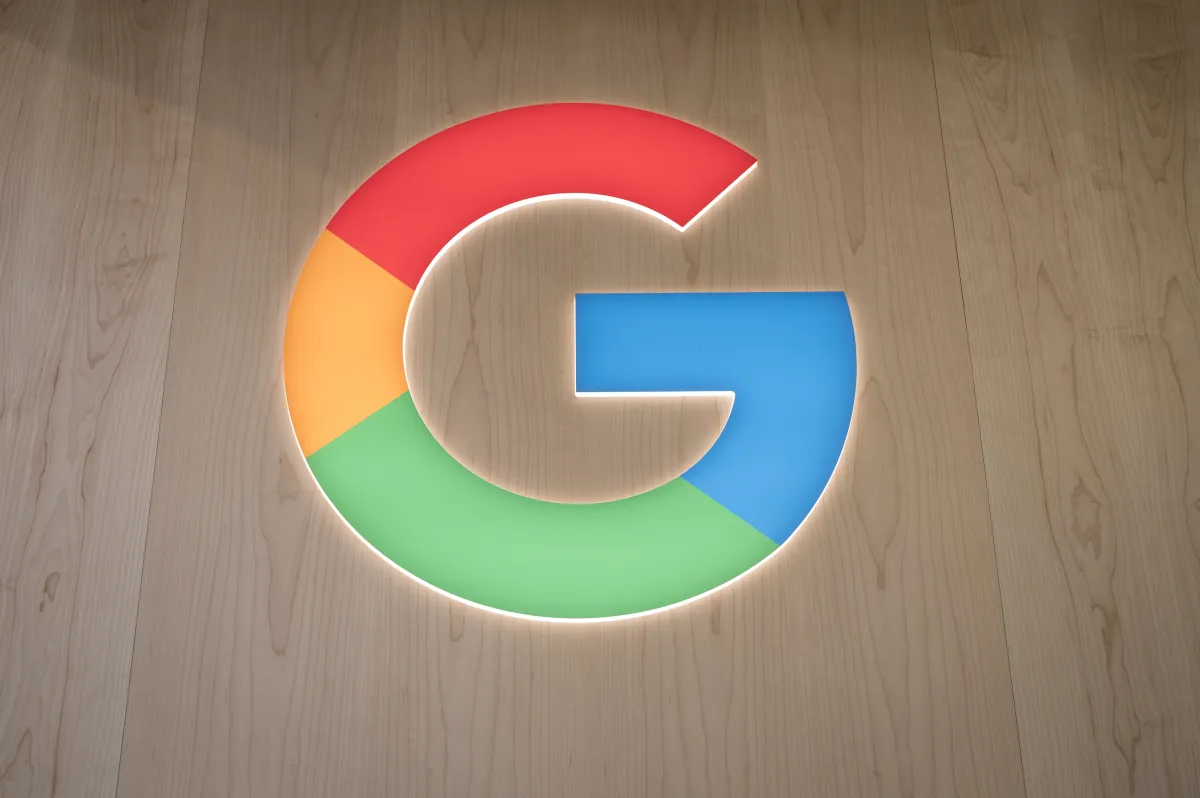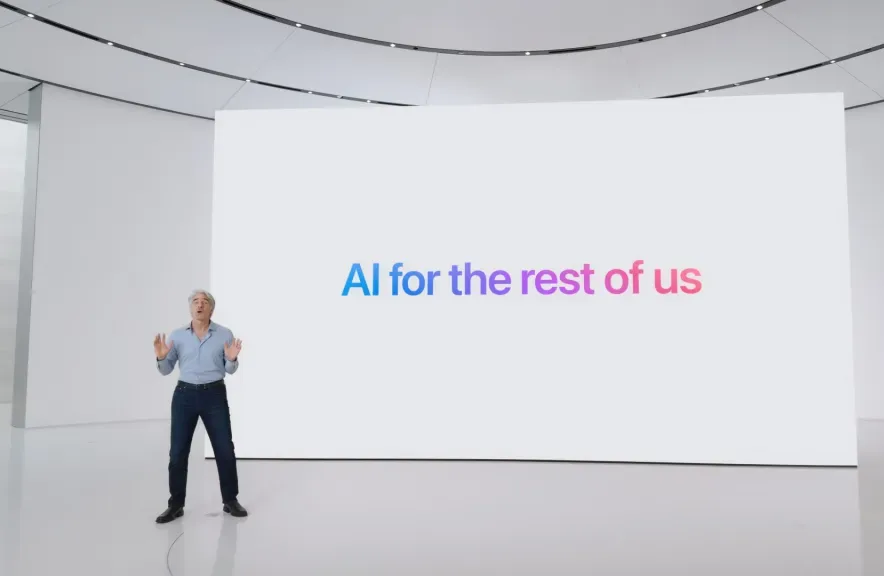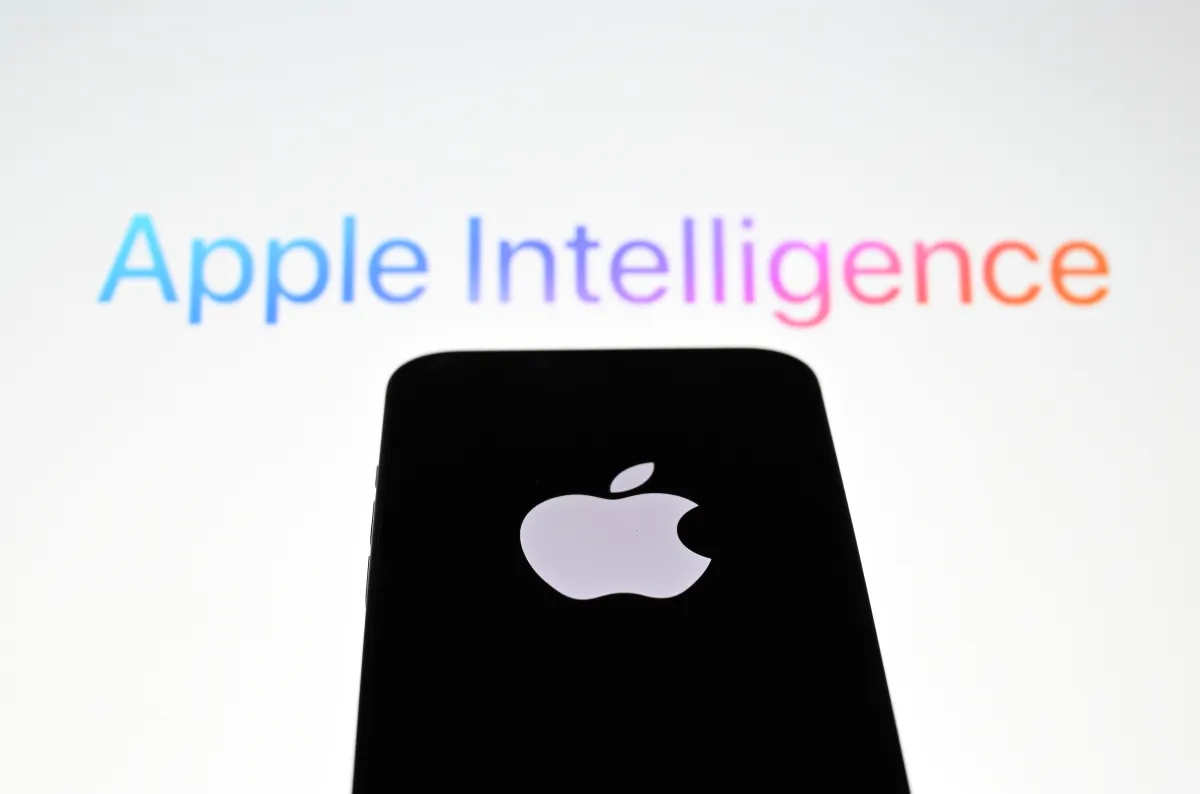World leaders, heads of the world’s largest companies and a number of celebrities gathered in the small Swiss mountain town of Davos for the annual World Economic Forum this week.
On the other side of the Atlantic, President Donald Trump began his political comeback as the new president of the United States.
He declared that “nothing will stand in our way,” pledging to end America’s “regression.”
At the end of the meeting, President Trump was broadcast live from the White House webcam to deliver his message of world domination directly to the global elite.
While he charmed the public, almost seduced them, with a credible image of a thriving American economy on the verge of reaching new technological heights, he simultaneously threatened to impose tariffs on those who did not choose to move their factories to the United States.
Trillions of dollars in tariffs on the US Treasury for those companies that export to the US market from foreign factories.
“You’re right,” he said with a smile not out of place in The Godfather. Then Bank of America Chairman Brian Moynihan made eye-catching public criticism of the lending giant, accusing it of “taking away banking” from many of its conservative supporters.
He awkwardly muttered about sponsoring the World Cup.
In this first week of his second term, most people in Davos are nodding their heads in agreement, because they can’t think of what they can do yet.
Two worlds collide, as the “America First” president launches himself like a 30-foot-tall interplanetary emperor into the beating heart of the international rules-based economic order.
It suggests that the trade deficit is a problem for domestic voters. IIt is quite another thing to propose in an international forum, which is G7 ally, CanadaBecome a Country for Your Nation, eliciting gasps from the audience, and not just from Canadians.
The title, by design, was both charming and offensive. There were sticks and carrots for the rest of the world.
As delegates absorbed the mix of threats, invitations and, at times, praise, many appeared to be trying to determine how much damage Trump might do to the global trading system, while assessing how much progress America is making in this technology-driven artificial intelligence boom.
This first week, Davos was the alternative pole of Trump’s second term.
There was consistency in his agenda to use all means to achieve this – Pushing energy prices down, including by pressuring the Saudis over oil.
He said this would not only help bring down inflation, but would also drain Russia’s war money from petrodollars to help end the war in Ukraine by economic means. The Middle East ceasefire has already given Trump some geopolitical credibility in these circles.
Christine Lagarde, David Miliband and John Kerry entered the hall. Several bank bosses gathered on stage to praise and then lightly question the president.
The bottom line is: Is President Trump serious about what appeared during the campaign to be threats to the global economic order? The answer will resonate over the next four years and beyond.
The answer seemed like a definite yes. However, that doesn’t mean it will work.
Some senior US executives told me they are preparing to implement retaliatory tariffs on their exports. Their assumption was that the president’s love of the rising stock market would limit his enforcement of tariffs.
But no one really knows. However, there is a lot up for grabs. He has already withdrawn from the World Health Organization.
During outings, his allies in the 2025 Project were whispered suggesting that the United States withdraw from the International Monetary Fund and the World Bank as well.
The rest of the world has some counter-influence, once it decides to return after the Trump whirlwind.
Canadians are now taking notice of their retaliatory tariffs. In talks with the British Business Secretary and EU Trade Minister Jonathan Reynolds and EU Trade Coordinator Maros SefcovicI discovered a desire for calm dialogue.
Both make similar arguments to try to dissuade Trump from imposing broader tariffs.
Reynolds told me that since the US has no goods trade deficit with the UK, there is no need to impose tariffs.
Sefcovic said the United States should really think about its surplus services as well.
But don’t they consider the threats to Canada and Denmark, G7 and NATO allies (over Greenland), as completely unacceptable and ridiculous as France’s demand for Louisiana? Sefcovic didn’t want to stir anything up.
Diplomats are preparing lists of US goods that Europe can buy now to show President Trump the “wins”, from weapons to gas to magnets in wind turbines.
It may make sense for the rest of the G7 to work in unison to respond to the tariffs, in order to focus the minds of Congress and the competing factions within Trump’s court.
There is no sign of this happening.
The story of US technological superiority is embodied by the ruling classIncluding Amazon founder Jeff Bezos, Meta chief Mark Zuckerberg, Apple leader Tim Cook, and Google chief Sundar Bechard. He received the highest seats at the inauguration ceremony this week.
Although the United States is streets ahead of Europe, its position against China is more ambiguous.
One of the Davos talks was the high-performance and much cheaper DeepSeek AI model made in China. The prediction that tech bros would tear each other apart in Trump’s court is starting to come true in a matter of hours, not months.
Meanwhile, while most, if not everyone, here in Davos seemed somewhat drawn to Trump’s technology-fueled optimism, some in Europe also see a once-in-a-lifetime opportunity to attract top researchers who might not otherwise be enamored with this. direction. Of American politics. This has been publicly suggested by European Central Bank President Christine Lagarde.
Others sought solace in the fact that Europe no longer has to face Biden’s massive green subsidies, creating a more level playing field for Europe again.
President Trump changes global trade terms. How the rest of the world responds to this is as important as what the Trump administration itself decides.
January 24: The headline of this story has been updated to better reflect its content.
https://ichef.bbci.co.uk/news/1024/branded_news/ce53/live/5ee8c440-db0f-11ef-902e-cf9b84dc1357.jpg
2025-01-24 22:06:00

